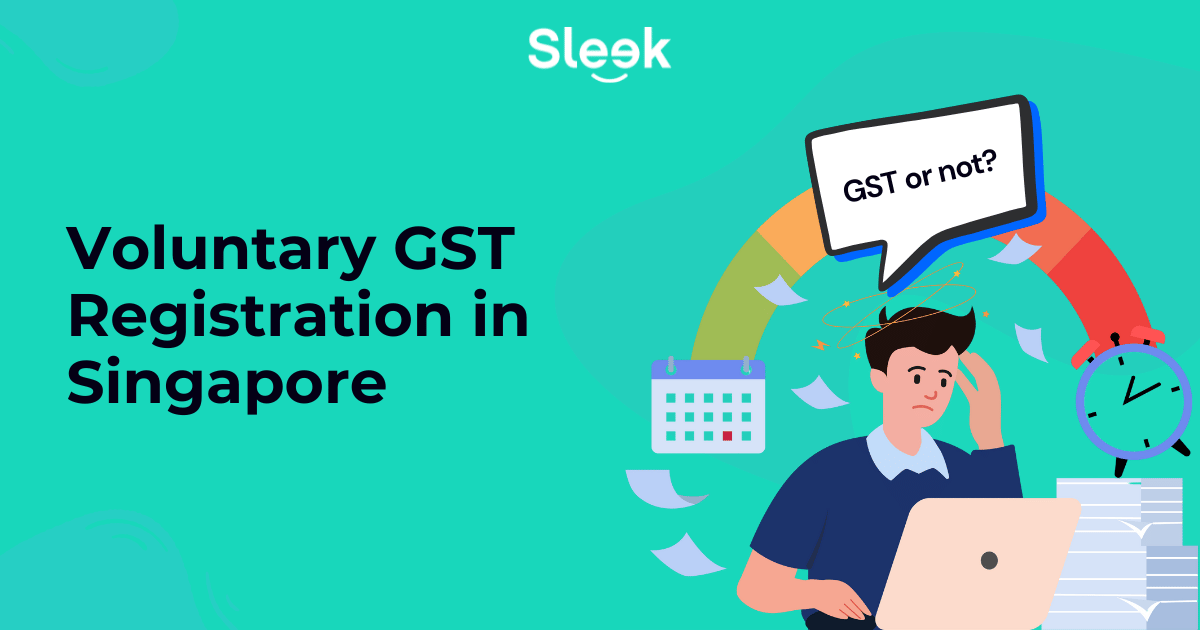AGM exemption in Singapore
3 minute read
An annual general meeting (AGM) is a yearly meeting of a company’s interested shareholders that is obligatory.
During this meeting, the directors of the company present an annual report containing information for shareholders related to the company’s strategies and the overall performance.
All of the shareholders that have voting rights vote on various issues. These issues can include appointments to the company’s board of directors, executive compensation, or even dividend payments, and the selection of auditors.
Why exactly does a company need to hold these meetings? When should these meetings take place?
You will find answers to these questions below, but you will also learn much more about AGMs in Singapore.
Overview:
- Why does a company need to hold an AGM?
- Is AGM compulsory?
- Dispensing with AGMs
- When should you hold an AGM?
- How do you hold an AGM?
Why does a company need to hold an AGM?
A company uses an annual general meeting as a key medium to disclose information to stakeholders.
Financial reports, audits, and other information are discussed during these meetings. In turn, stakeholders are left with a chance to get more verified information with the aim to make better and informed decisions.
On top of that, holding an AGM means complying with legal requirements, which also includes the presentation and approval of audited accounts and other pending issues.
Other issues that are often discussed during these meetings include directors’ compensation, informing the members of future activities, and any other problems or questions raised by the stakeholders.
At the annual general meeting (AGM), the chairperson of the organization presides over the meeting. Additionally, that individual can also give an overall status of the organization.
Members are encouraged to come and attend AGMs after comprehending the company’s previous and current annual report. This provides them with a position to discuss the critical emerging issues about the company from an informed perspective.
If every single attendee and meeting organiser play their roles, the results of these meetings are beneficial to both the company and the employees.
Is AGM compulsory?
This yearly meeting of stakeholders and company executives is indeed compulsory for everyone!
AGMs are held to discuss company account reviews, audited accounts, elections, fiscal records of the past year, and all other important issues.
According to the Companies Act, an annual general meeting Singapore has to be held by every company once a year. Also bear in mind that there cannot be a gap of more than 15 months between two AGMs!
How can your company get exempted from holding an AGM?
Even though holding AGMs is mandatory, there is a catch!
Private companies can be exempted from holding AGMs if they send their financial statements to their members within five months after the financial year-end. This law came into effect in August 2018.
The AGM exemption is subject to the following safeguards:
1. A member who wants to request that an AGM be held has to notify the company no later than fourteen days prior to the end of the sixth month following the end of the financial year.
2. Directors must hold an AGM within 6 months after the financial year-end if notified by any member of the company to do so. The company may seek the Registrar’s approval for an extension of time to hold AGM by the deadline (in other words, before the end of the six months after the financial year-end).
3. Private companies must hold a general meeting to lay financial statements if any member or auditor requires it no later than 14 days after the financial statements are sent out. Directors have to hold a general meeting to lay the financial statements within 14 days after the date of the request.
Private dormant relevant companies, which are exempt from preparing financial statements, do not need to hold AGMs, subject to the above safeguards.
A private dormant relevant company is a company that is dormant or not listed (or not a subsidiary of a listed company). Also, it needs to have total assets less than or equal to $500,000 (consolidated value if it is an ultimate parent).
Dispensing with AGMs
A company doesn’t need to hold AGMs if all the members agree to pass a resolution to dispense with AGM.
Companies can pass written resolutions for issues that would have been discussed at an AGM. The written resolutions may be circulated via hardcopies or other legible forms (such as e-mails) as agreed upon by the company and the members.
A member can ask for an AGM Singapore to be held for a private company, even if it is exempted or has dispensed with the AGM. To do this, one has to notify the company no later than 14 days before the end of the sixth month after the company’s financial year-end.
After the request, the company’s directors must hold an AGM within six months after the financial year-end.
When should you hold an AGM?
The table below explains when AGMs need to be held.
| For Companies with FYE ending before 31 Aug | For Companies with FYE ending on or after 31 Aug |
| AGMs timeline | |
(a) Timeline 1: Hold first AGM within 18 months of incorporation, and subsequent AGMs yearly at intervals of not more than 15 months (b) Timeline 2: Financial statements tabled at AGM must be made up to a date within 4 months (for the listed company) or 6 months (for any other company) before the AGM date. | For listed companies: Hold AGM within 4 months after FYE For any other company: Hold AGM within 6 months after FYE |
How do you hold an AGM?
In an AGM, the company displays its financial statements to members and answers any questions regarding the business.
AGMs are conducted under the direction of the chairman of the meeting. This is usually the chairman of the board of directors.
If your company’s rules don’t specify a chairman to regulate the meeting, any member can be elected at the AGM to fulfill the role.
The company secretary – or an appointed secretarial service – has to prepare the necessary documentation for the AGM.
Do know that:
- The meeting only needs to deal with resolutions for which AGM notices have been given.
- The quorum has to be met.
- Proxies (if there are any) need to be properly appointed.
- All the necessary documentation needs to be provided – financial statements, balance sheets, the director’s report, and the auditor’s report (if applicable).
- Proper voting on various resolutions has to be ensured.
- The minutes of the meeting have to be recorded (in writing) and signed by the appointed chairman.
Wrap up
Now that you are aware of how you should (and how you shouldn’t) hold annual general meetings (AGMs) in Singapore, you can make an informed decision on AGMs in your company.
If you have any more uncertainties regarding this topic, feel free to reach out to us!
You might be interested in reading about:









